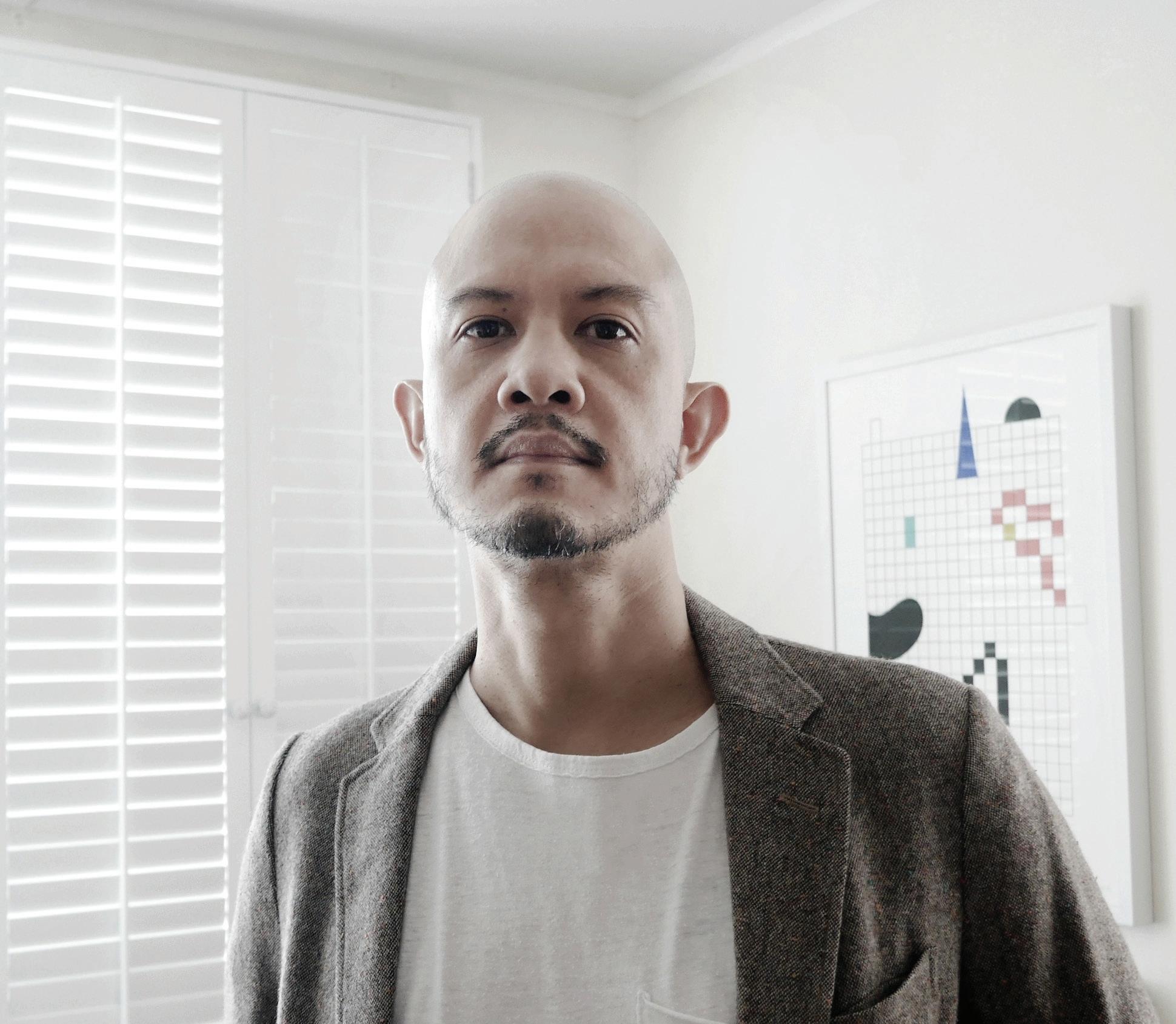16 • THE GRYPHON Fall/Winter 2021-22
CSW’s Library Conducts its First Diversity Collection Audit
he word library has come to mean many things, especially in the context of educational institutions. Few — if any — libraries that exist today consist solely of hard-copy books. The rise of digital media and technology has transformed the ways libraries function, both in terms of what they offer and how they offer it. But books, in whatever form they take, whether it be e-book, audiobook, or old fashioned paper, remain an essential component of CSW’s library offerings. The responsibility of which books should be made available to students, faculty, and staff, falls upon Library Director Jenna Wolf and Library Assistant Sharon Cuthbertson, who take this power, and the responsibility that comes with it, very seriously. In the Winter of 2021, the CSW Library decided to measure how well their choices reflected the diverse and vibrant interests of the CSW community by conducting their first Diversity, Equity, and Inclusion audit of the library’s fiction and graphic novel collections.
“Building and maintaining a highquality, diverse collection of materials is one of the most critical responsibilities of any school librarian,” Jenna says. “At the CSW Library, we strive to choose titles that offer a wide variety of viewpoints and allow our students to see themselves reflected within the pages of a book, all while offering materials that reflect the complexity and nuance of identities and personal stories.” These principles are guided by the American Library Association’s Library Bill of Rights and the National Council of Teachers of English Students’ Right to Read. Additionally, the CSW Library is guided in principle by the deeply held belief that reading has the power to transform readers’ lives. “It is critically important that our students have access to books that reflect their own life experiences as well as those that expose them to experiences that are different from their own,” Jenna explains. The following report includes a description of the factors Jenna and Sharon used in the completion of their
audit, along with a summary of what they learned about the CSW collection — where there are holes, and where they can see future growth in diversity of authorship and protagonists’ identities. The last section, Implementing the Audit, provides key directives the CSW Library will use in evaluating and purchasing materials moving forward, weeding of outdated or problematic materials, and specific catalog enhancements with an eye toward strengthening the library collection for The Cambridge School of Weston community. Conducting Diversity, Equity, and Inclusion (DEI) audits is an ongoing process, and CSW will continue to use them to evaluate other parts of their collection. By providing transparency about the audit process and communicating their findings, Jenna and Sharon hope to signal to CSW’s readers that the school is committed to building an inclusive library program.










